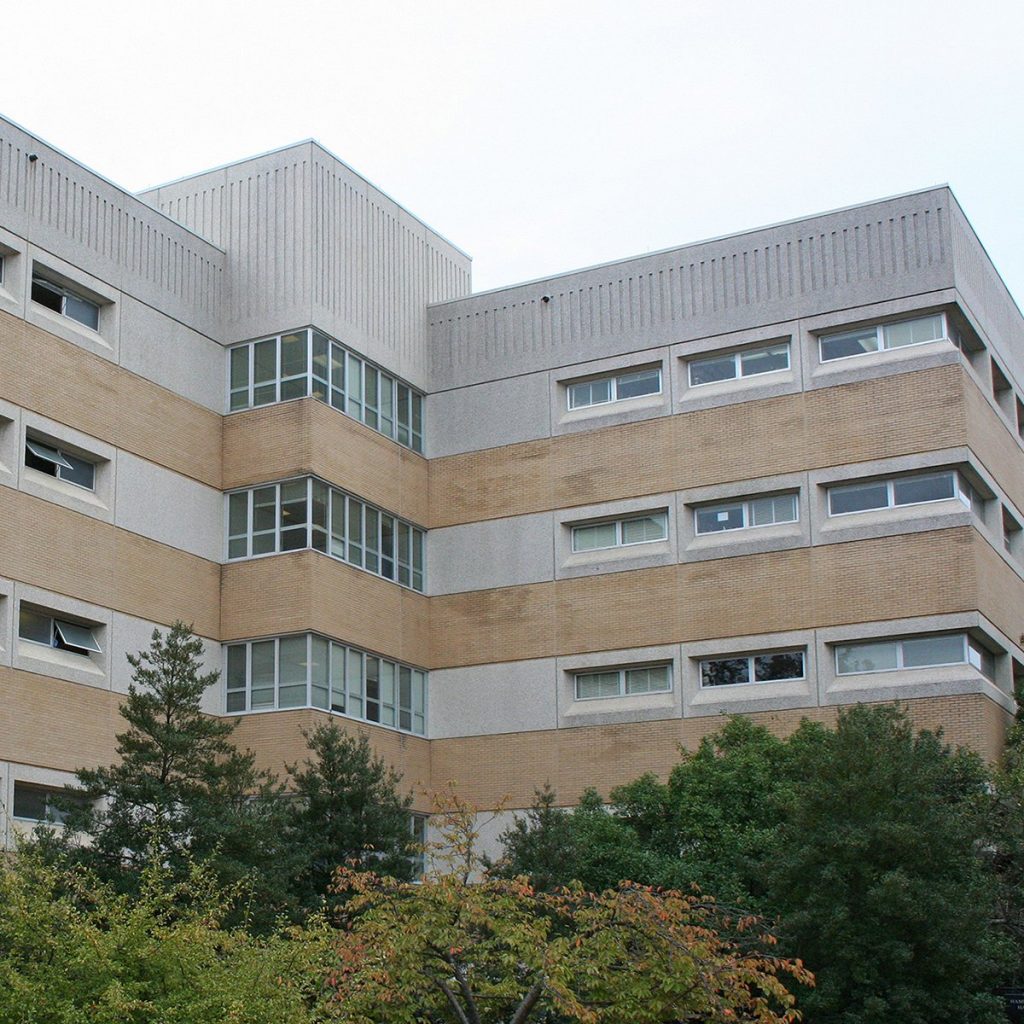 As news emerged that a number of prominent history graduate programs across the country had suspended graduate admissions for the 2020-2021 academic year, the UNC History Department convened a virtual meeting on September 11, 2020 to discuss the future of the Department’s graduate program. The result was a drastic decision intended to make the program more sustainable and humane.
As news emerged that a number of prominent history graduate programs across the country had suspended graduate admissions for the 2020-2021 academic year, the UNC History Department convened a virtual meeting on September 11, 2020 to discuss the future of the Department’s graduate program. The result was a drastic decision intended to make the program more sustainable and humane.
At stake was the question of balancing the department’s core mission of training the next generation of historians with ensuring the welfare of current doctoral students. Faculty at that September meeting discussed two issues: a longstanding annual decline in the department’s instructional budget and the new financial challenges presented by the COVID pandemic. Breaking into groups to brainstorm, the professors discussed how to allocate the department’s instructional budget, how to maintain excellence in graduate education, and how to do both with an eye on the future. After reconvening, it became clear that they had reached a near consensus: the incoming 2021 graduate admissions process would be cancelled. According to Professor Benjamin Waterhouse, associate chair of the department, the department took “a cold sobering look at the numbers, as well as the number of students we’ve committed to fund,” and made a decision that represented the best possible way to support current graduate students.
The decision to cancel admissions for the year also came on the heels of another decision the department had recently made as a result of the pandemic: to extend guaranteed graduate funding from five to seven years. By extending funding for two years for all currently enrolled students, the department hopes to provide additional time to students who face pandemic-related travel restrictions that prevent them from conducting research around the country and the world. Echoing Waterhouse, Professor Lisa Lindsay, chair of the department, highlights the need “to engage in some creative thinking and introspection” about how the department and its graduate program will operate in the future. Professors Lindsay and Waterhouse believe that the year off will allow the department to regroup financially and organizationally while allowing for whatever restructuring may be needed to make the program more competitive for graduate students.
The History Department will resume the graduate admissions process in the winter of 2021 for a cohort to enroll in the fall of 2020. Potential applicants who had either expressed interest in applying or had already submitted applications received emails announcing the decision had their application fees refunded, and were encouraged to reapply when graduate admissions reopen. Students who had deferred their 2020 admission will still be permitted to join the program in 2021.
UNC’s History Department is not alone making this type of decision. In skipping the admissions process this year, it joins Brown, Columbia, Cornell, New York University, Rice University, the University of Pittsburgh, and other nationally ranked PhD programs in history.
Nor is the problem limited to history departments. Around the country, top programs in the humanities and social sciences have suspended or dramatically reduced their admissions programs for graduate study.
While many faculty members regret that the department will not receive the fresh intellectual perspectives that new students bring, all agree that the Department of 2022 will be on better ground to receive them. Despite the obvious disruption that will accompany the lack of new students, Lindsay and Waterhouse anticipate that graduate school life will go on as normally as can be expected during a global pandemic. While graduate history seminars may be reduced in the semesters to follow, the role of Teaching Assistants, Graders, and Teaching Fellows will likely go unchanged, the intellectual community at UNC will remain strong, and the commitment to pedagogical excellence will remain firm. By restructuring its instructional budget, moreover, the department hopes to create a leaner and more competitive program that can maintain its leading position among top history programs worldwide.
